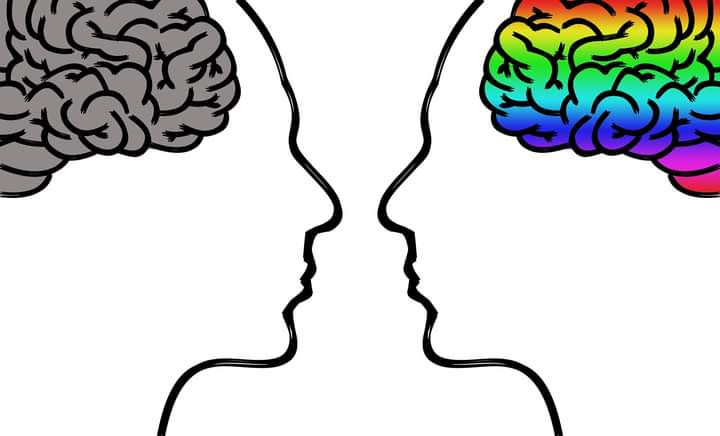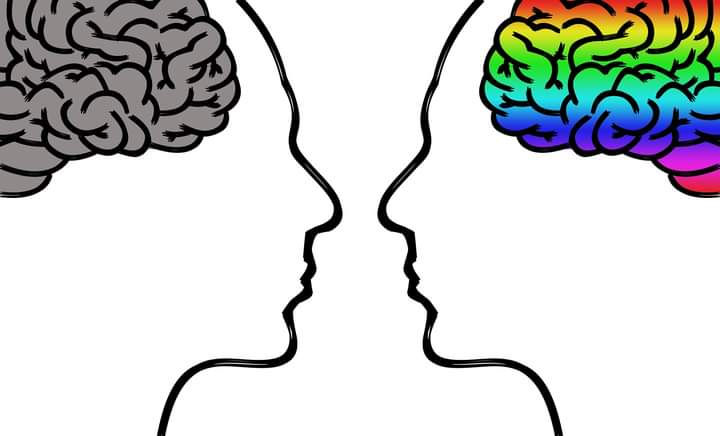Patience
- Debora Wiseman
- 26 de jul. de 2022
- 5 min de leitura

Am I patient enough with day-to-day adversities?
With todays technological advances, the ease of communications, the permanent internet connection, the commitment to produce at a crazy speed, the need to compete and other factors have made us live at an intense rhythm in which the "urgent" reigns. All this results in the paltry value that many have given to patience.
Patience means having self-control when you can't control people's behavior or when things don't go the way you want. To be patient is to be serene and balanced in the face of day-to-day difficulties and adversities.
Patience can mean waiting for something and, at the same time, dealing with challenging situations in a calm and balanced way. These two characteristics are essential for a person to feel good about their own plans and to have good emotional self-control.
The patient person tends to develop the ability to see more clearly the source of problems and the best way to solve them, even if the solution only comes after a long time. The patient individual knows how to face life in an optimistic, calm way, always seeking balance and harmony.
Patience is a typical characteristic of the mature personality.
At all times, life imposes constant adversities and challenges to our patience, such as: physical pain, an offense, excessive heat, the internet that doesn't work, congested traffic, etc. These are very concrete and sometimes banal adversities that make us lose our temper. On all these occasions, one should think and act with patience.
When we have developed patience, the tendency is that other virtues, such as tolerance, respect and healthy coexistence with those who think and act differently from us, also progress. The practice of all of them is capable of bringing precious benefits, physical and emotional, to family, social and professional health.
And, on the other hand, the body feels and reacts every time we get carried away by anxiety, anger, frustration or depression.
The benefits of patience
See how the lack of it brings us serious consequences in our lives!
1) Patience breeds patience
Positive actions generate positive actions. So patience begets patience.
2) Consciousness in decision making
Immediate and impulsive decisions can have serious consequences throughout our lives. Patience, on the other hand, helps us to ponder the issues that occupy our thoughts, leading to the optimization of results.
3) Control of tense situations
Losing control in a tense or stressful situation can happen to anyone. However, with patience, it is possible to get around this explosive and sometimes aggressive episode.
4) Ability to plan
By developing patience, we are able to identify which situations can most easily stress us out. And so we become stronger and more thoughtful when faced with such situations.
5) Energy saving
If a person is tense and stressed, the problems that will arise in his life, even the most banal, will take on gigantic proportions. Therefore, the energy expended to resolve them will further worsen our emotional state. With patience, however, the individual will be able to analyze each situation with balance, without exaggerating it.
6) Learn and exercise the ability to deal ecologically with other people. We need to use patience as a valuable instrument to deal skillfully and ecologically with other people, at all times and in all sectors of our lives. Dealing in an ecological way means dealing with others, without harming others or ourselves, utilising, for example: empathy, respect, tolerance, kindness and, of course, patience.
We need to live in society with conscience and tranquility, and this requires a lot of patience and self-control. Without patience, for example, we easily create conflicts, we fail to listen to other people, which can be of great value, and we become anxious and inflexible.
With patience, however, we improve our interpersonal relationships and, above all, our well-being.
Valuable tips for patience
If you are not yet a patient person, here are some valuable tips you can follow to develop this virtue.
1) Don't act or react, instantly
Take a deep breath and count to 10, this is a foolproof trick that can considerably improve the explosion of emotions in times of tension and stress.
2) Wait for the right moment
Solving a problem the moment it arises may not be the best time. That's because we don't always have time to analyze the whole context, and our decisions may not take into account the totality of the situation.
3) Identify what bothers and unnerves you
Through a process of self-knowledge, we are able to identify which situations make us nervous. These are the moments that make us lose patience. So, if we know in advance what can drive us crazy, it's easier to avoid the circumstances that lead to it, or to prepare for them, with creativity and balance, if it's unavoidable.
4) Consider that it is inevitable to come across adverse and stressful situations
Stressful moments can happen at any time, and we often don't get a chance to prepare for it. But, if we know that a day will be very tense, for example, we can do something that relaxes us and thus be relaxed enough to face such adversity.
5) Assess whether the problem is under your control or not
It is common for a person to worry a lot about something that will be solved easily, even if this solution only comes after a long time. So, when faced with a problem, think about whether it is under your control and how long it will last in your life. It's not worth stressing about something we can't control, let alone what will naturally resolve itself over time.
Patience v Complacency
Wrongly, many people can interpret patience as a synonym for self-indulgence. This thought is incorrect because complacency is nothing more than easily accepting any situation, and never working to make it better, or bring some personal evolution.
A patient person is not comfortable, that is, he does not put his own comfort above all else, without worrying about others.
Wisdom and Patience
Learn to stay calm in stressful situations
The patient person will control their own anxiety and stress. This doesn't mean that this person will never be angry about something, but rather that when they do, it won't be a lasting sensation.
With patience we have emotional control, and with complacency we are always in our own comfort zone. While the first characteristic helps us to wait for the right moment to act, the second prevents us from taking action under any circumstances.
Patience fundamentally depends on our persistence and positivity in the face of day-to-day adversities. It's like exercising our muscles at the gym.
Therefore, it is understood that patience is a fundamental virtue in the lives of all of us. From there, it is possible to control one's emotions, act in a thoughtful and conscious way, dialogue with other people and improve our quality of life.
Find the patience within you,
If you have difficulty in facing adversities and tense moments in everyday life, with patience and balance, and this has been harming you, do not hesitate to seek help from competent professionals such as doctors and therapists to assist in this journey.
Make a commitment to remain patient and to pass this on to others. One of the most valuable goals of my life and that of Tikun U Izun is to improve and transmit persistence, positivity, patience, balance and well-being to all who seek it.
IMPORTANT: We are Holistic Therapists and our treatment is alternative. Even with satisfactory results, it is essential to emphasize that only duly qualified doctors can diagnose diseases, indicate treatments and prescribe medication.
All the best.
See you next week
Shalom!
Debora and Daniel Wiseman





Comentários